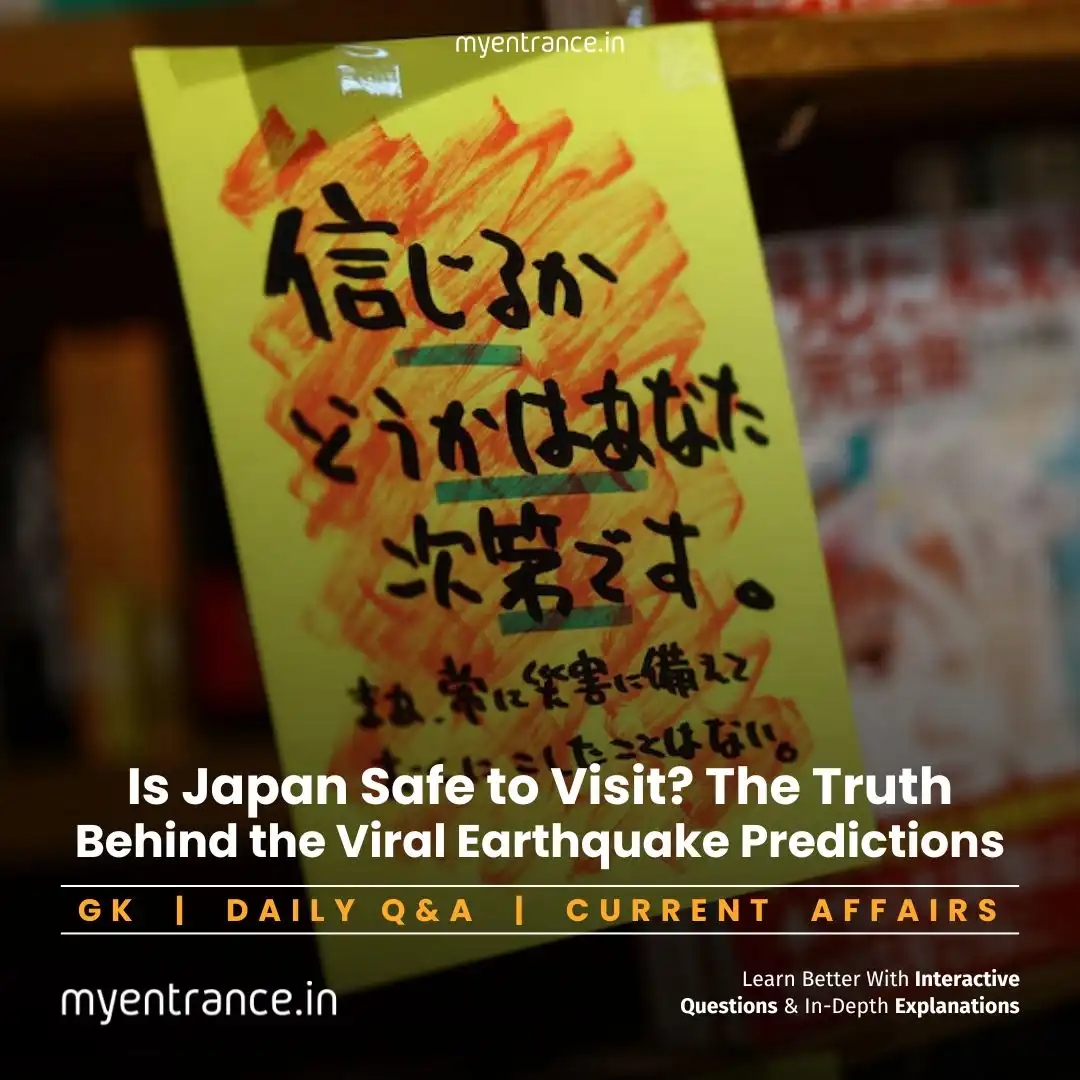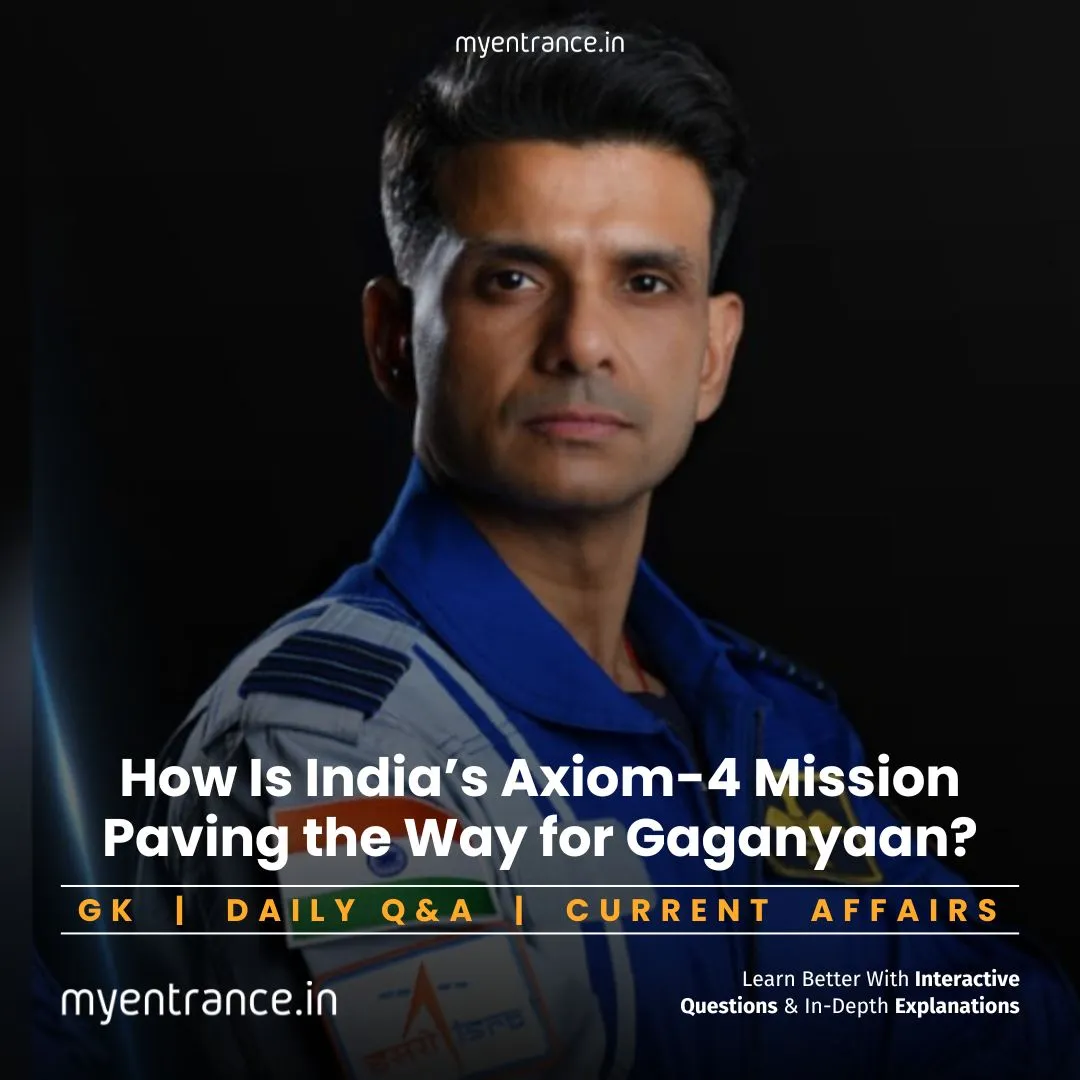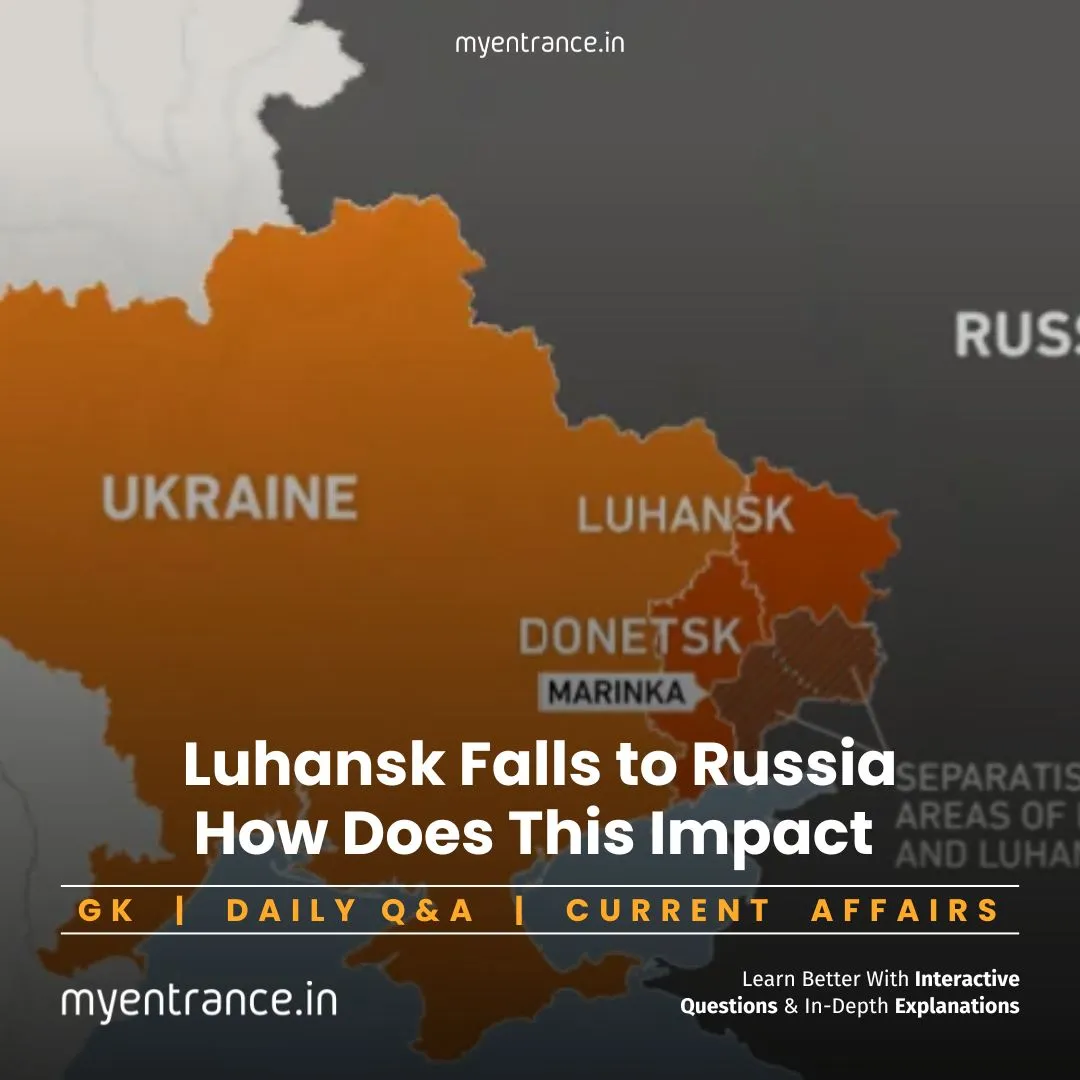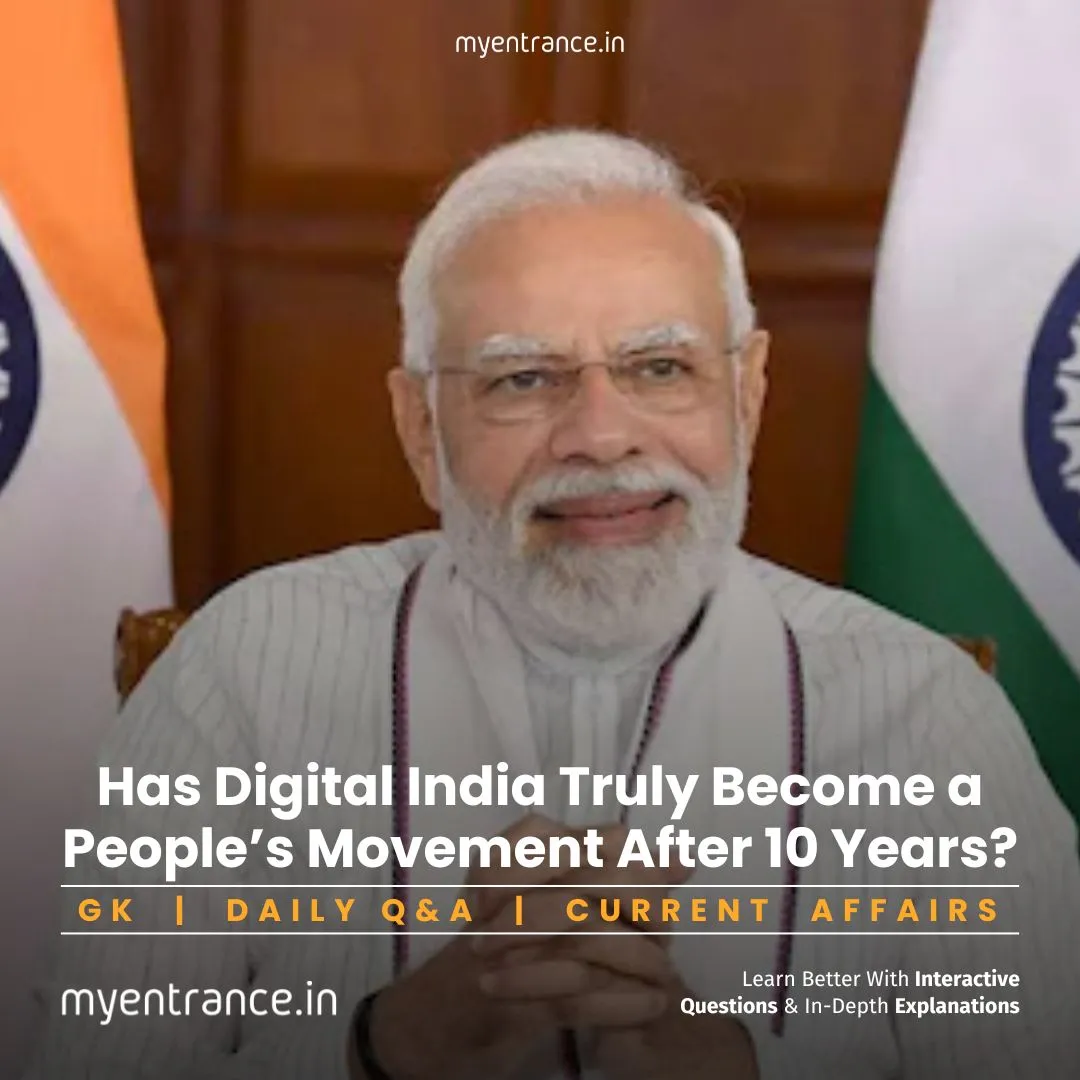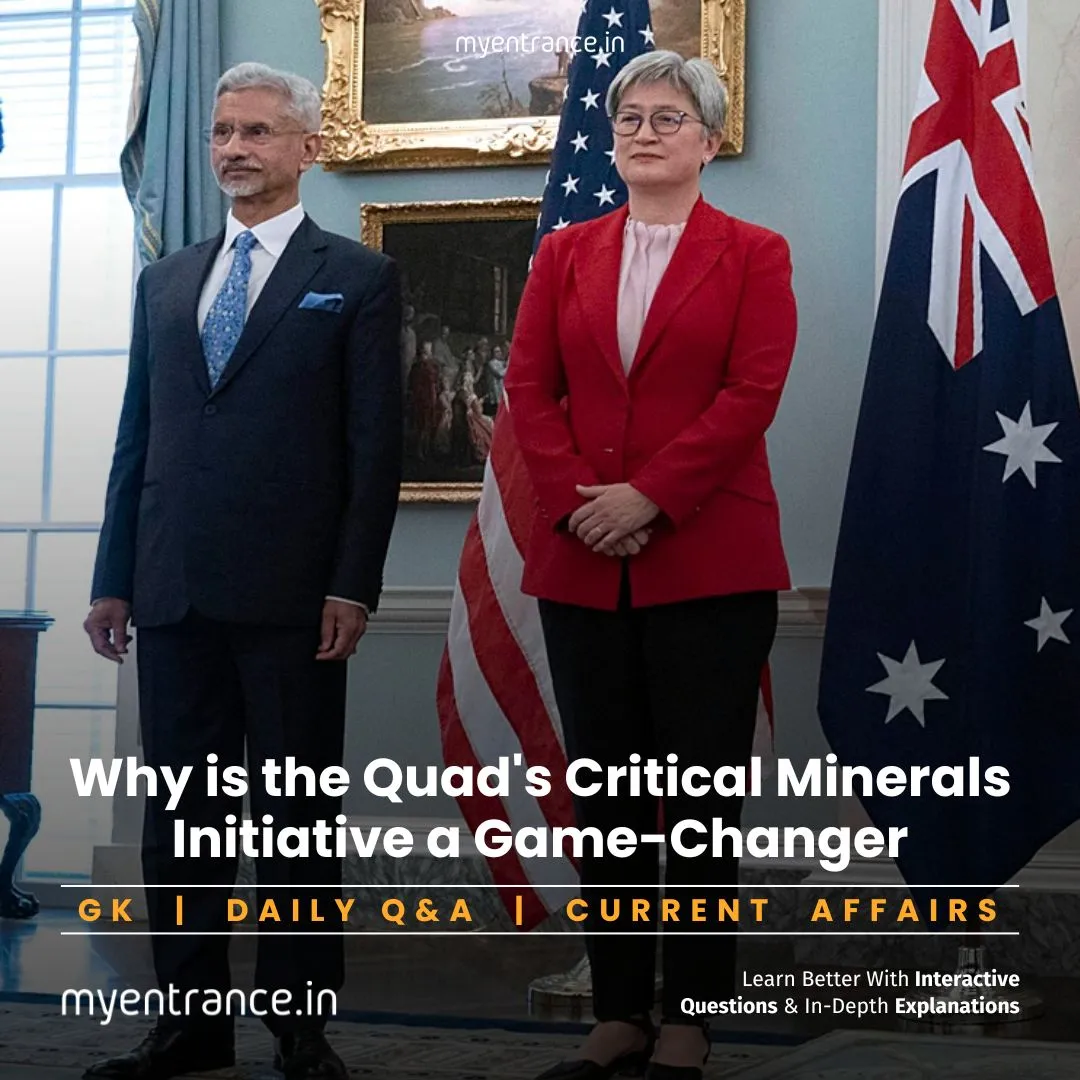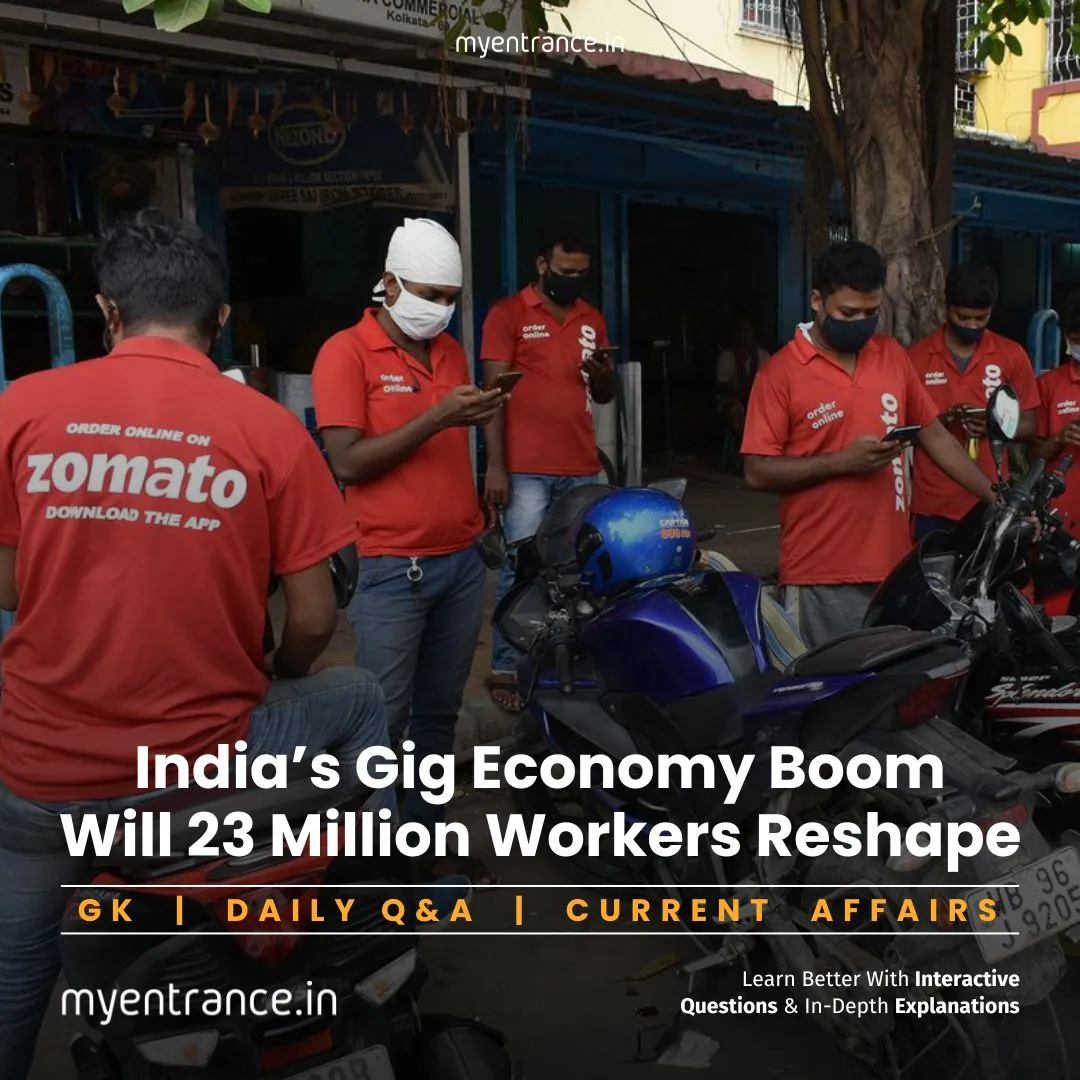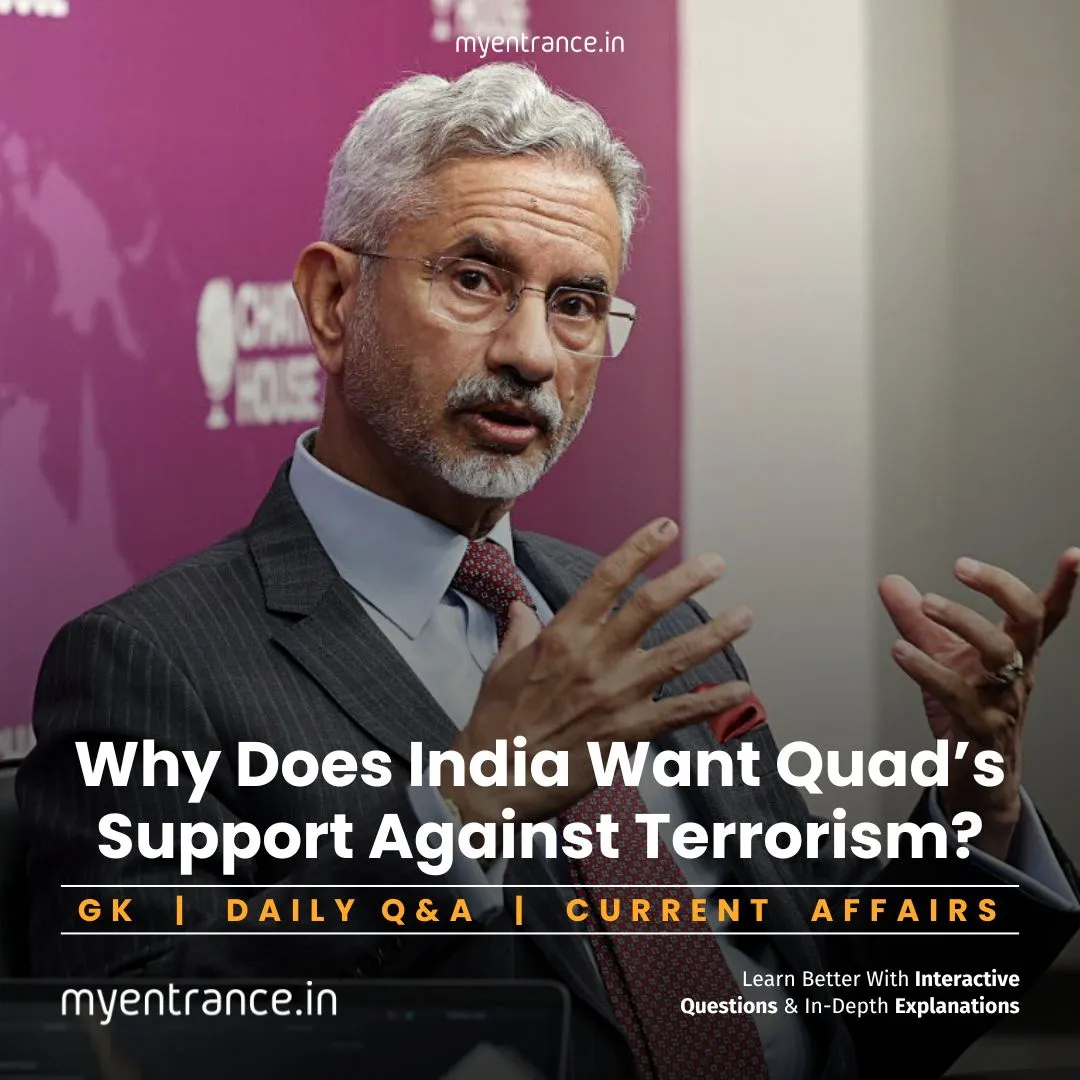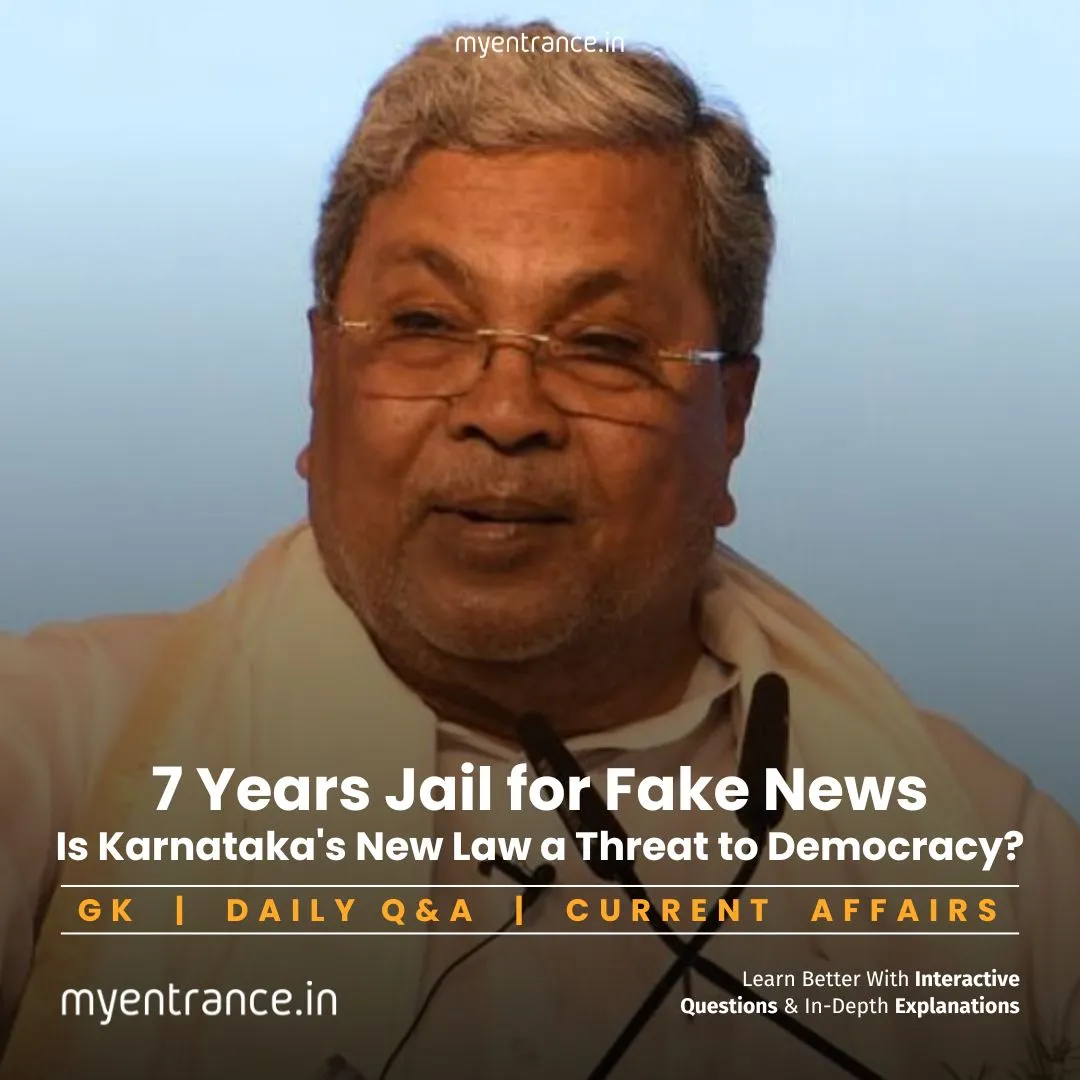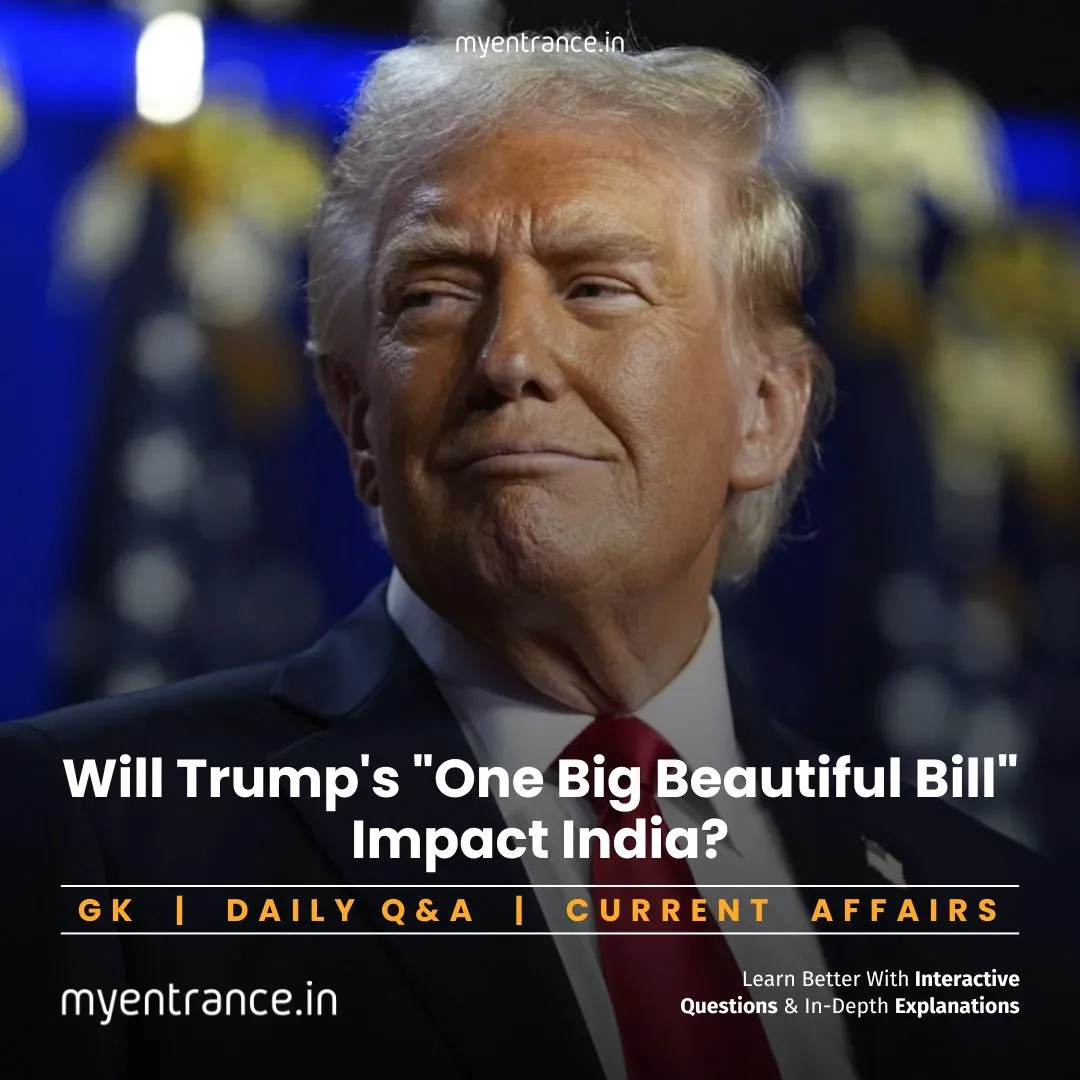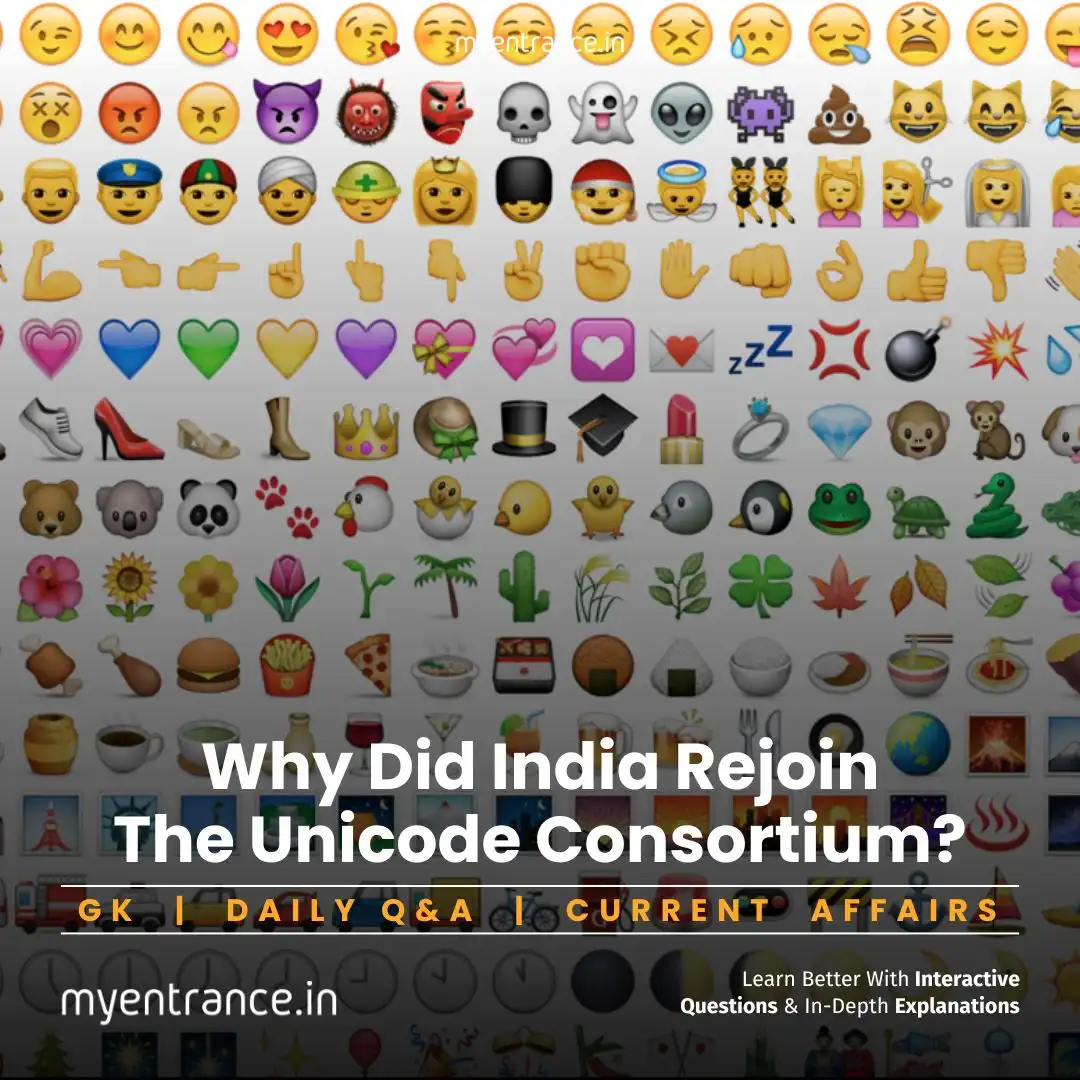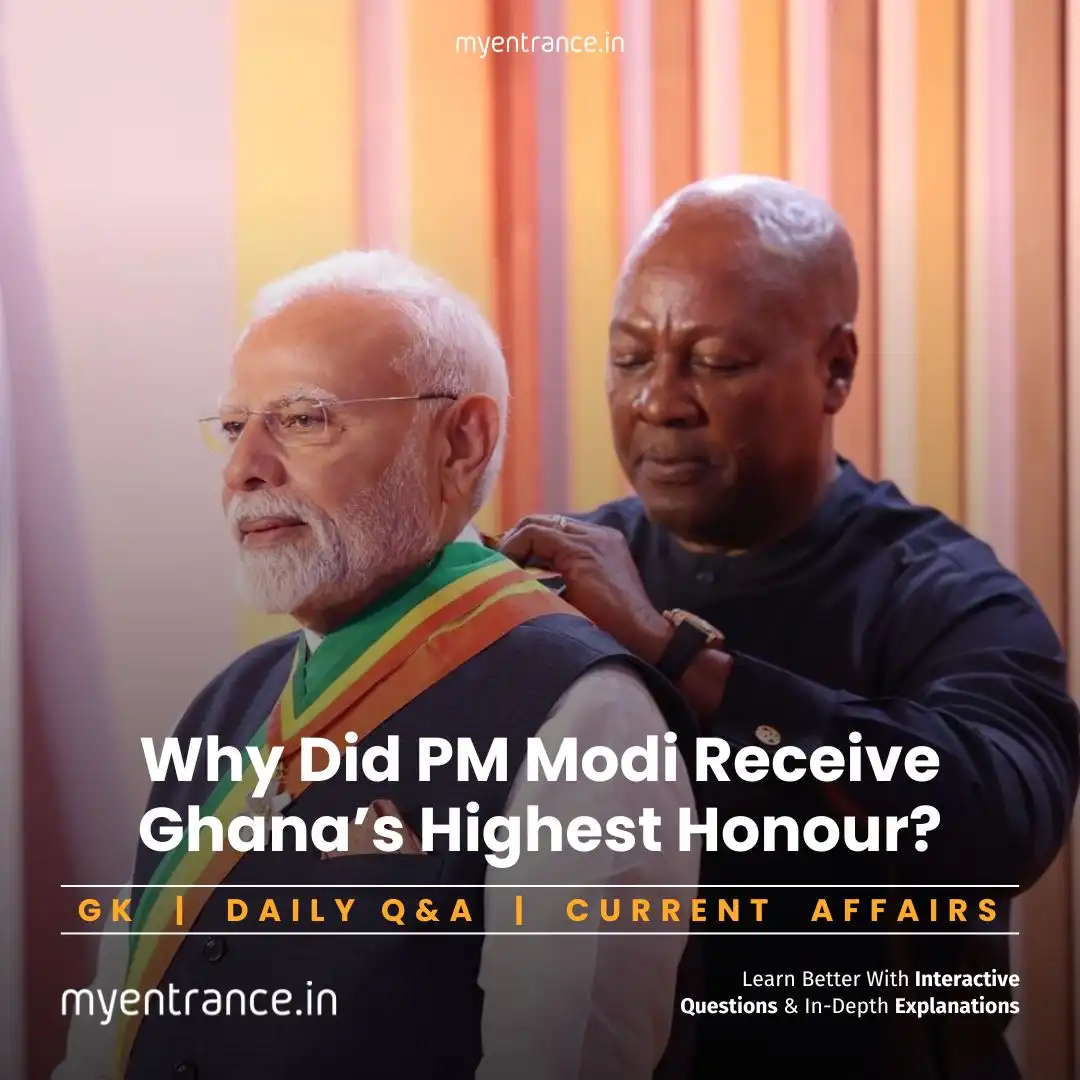Select Language
OBC Certificate for Single Mothers’ Kids: What Does the Supreme Court Say?
The Supreme Court of India is currently reviewing a crucial case regarding OBC (Other Backward Class) certificates for children of single mothers. A petition challenges the existing rule that mandates paternal lineage for caste certification, arguing it violates gender equality under Articles 14 & 21 of the Constitution.
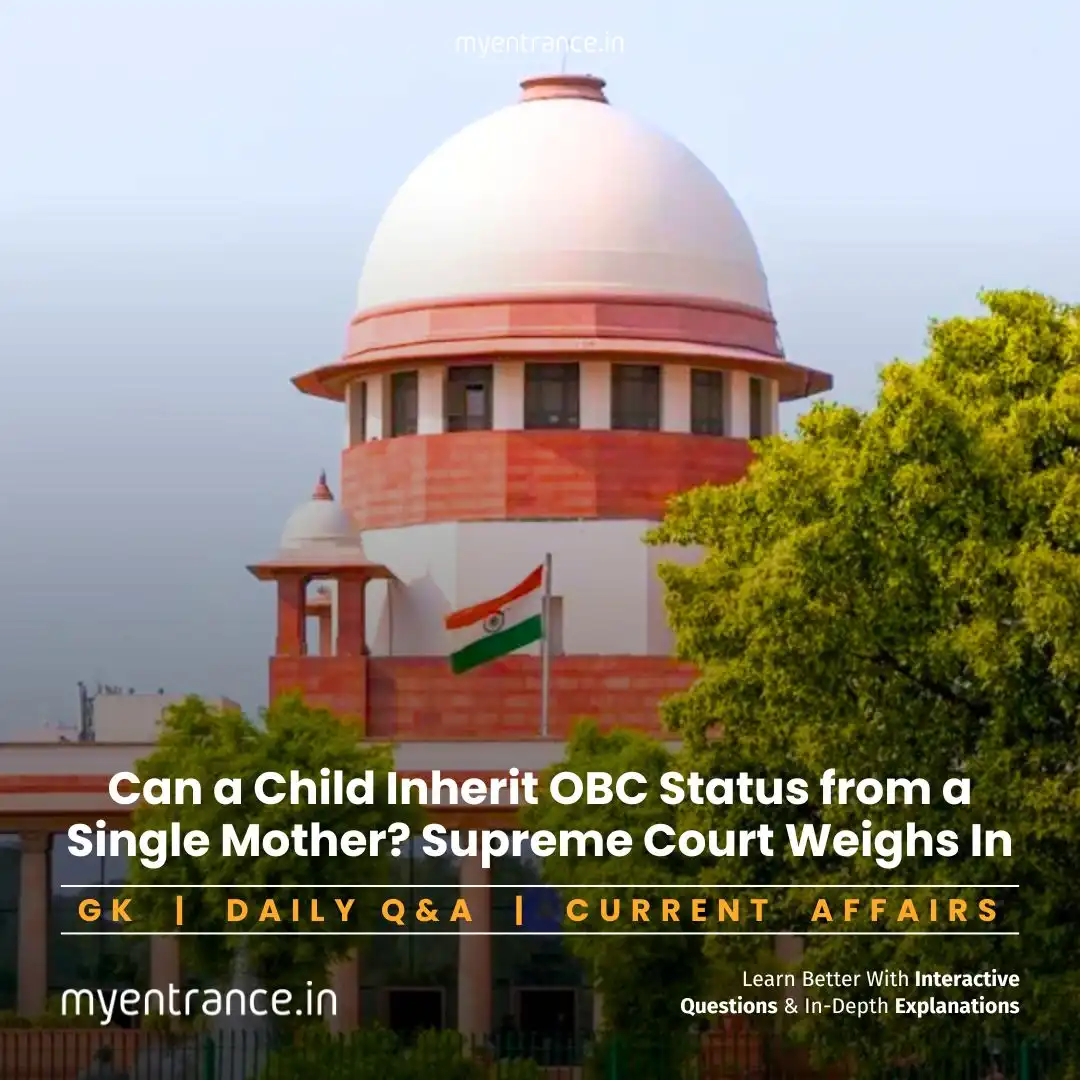
Background: The Fight for Equal Caste Rights
A single mother with OBC status approached the Supreme Court after the Delhi Revenue Department denied her child an OBC certificate, citing that only paternal lineage counts. She argued that this rule discriminates against single mothers and restricts their children’s access to education and job reservations.
Why Is This Important for Exams?
Legal Awareness: Questions on constitutional rights (Articles 14, 15, 16, 21) often appear in UPSC, PSC, SSC, and Judiciary exams.
Gender Equality: A recurring theme in essay and GD topics for competitive exams.
Current Affairs: Recent Supreme Court judgments are crucial for prelims and mains.
Policy Impact: Affects reservation policies, a key topic in government recruitment tests.
Key Legal Precedents & Court Rulings
1. Rameshbhai Dabhai Naika vs. State of Gujarat (2012)
The Supreme Court ruled that children of inter-caste marriages usually inherit the father’s caste.
However, exceptions exist—if a child is raised solely by an SC/ST/OBC mother, they may inherit her status.
2. Rumy Chowdhury vs. Delhi Revenue Department
The Delhi High Court rejected a single mother’s plea, stating that maternal OBC certificates could dilute reservation benefits for genuine claimants.
3. Moonsoon Barkakoti vs. State of Assam (2024)
The Gauhati High Court upheld a child’s OBC status based on the mother’s certificate, recognizing social disadvantages faced by single-parent families.
Implications for Gender Equality & Social Justice
The Supreme Court’s decision could:
✔ Challenge patriarchal norms in caste certification.
✔ Empower single mothers to secure reservations for their children.
✔ Set a new legal precedent for future cases on caste inheritance.
Sample Questions & Answers for Competitive Exams
Q1. Which constitutional articles are relevant to the OBC certificate case for single mothers?
Ans: Articles 14 (Right to Equality) and 21 (Right to Life & Personal Liberty).
Q2. What was the Supreme Court’s stance in Rameshbhai Dabhai Naika vs. State of Gujarat (2012)?
Ans: Children of inter-caste marriages generally inherit the father’s caste, but exceptions apply if raised solely by the mother.
Q3. Why did the Delhi High Court reject Rumy Chowdhury’s plea for an OBC certificate?
Ans: It feared misuse of reservations, arguing that paternal lineage prevents fraudulent claims.
Q4. Which recent High Court judgment supported OBC status via maternal lineage?
Ans: Moonsoon Barkakoti vs. State of Assam (2024) recognized caste identity based on lived experiences, not just paternal descent.
Q5. How does this case impact gender equality in India?
Ans: It challenges discriminatory caste inheritance rules, ensuring equal rights for single mothers and their children.
Get 3 Months Free Access for SSC, PSC, NIFT & NID
Boost your exam prep!
Use offer code WELCOME28 to get 3 months free subscription. Start preparing today!
